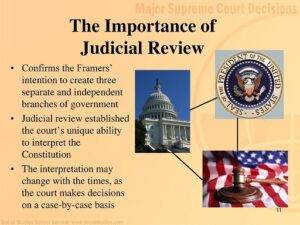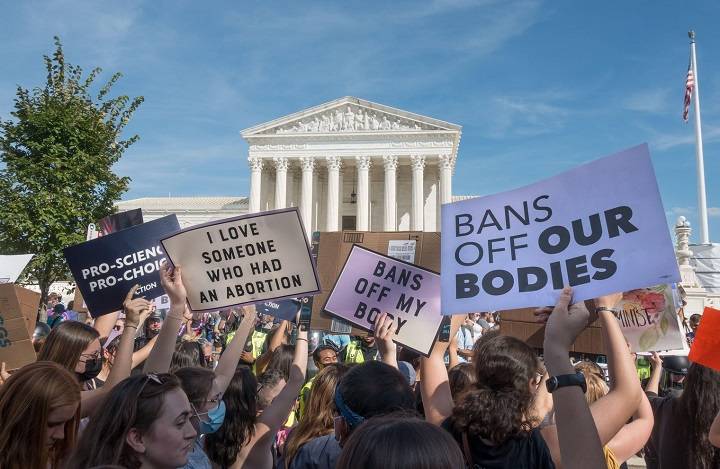The case of Dobbs v. Jackson Women’s Health Organization is a pivotal legal battle that has drawn national attention and has the potential to reshape the landscape of reproductive rights in the United States. At the heart of this case is the fundamental question of the constitutionality of a Mississippi law that bans most abortions after 15 weeks of pregnancy.
The Origin of the Case
In 2018, the Mississippi state legislature passed a law—known as the Gestational Age Act—that prohibited abortions beyond 15 weeks, with exceptions only in cases of medical emergency or severe fetal abnormality. The Jackson Women’s Health Organization, the last abortion clinic in Mississippi, filed a lawsuit to challenge the law’s constitutionality, arguing that it directly conflicts with established precedent set by the Supreme Court in Roe v. Wade and subsequent cases.
Legal Journey: District Court and Appeals
The case made its way through the legal system, starting at the district court level. In November 2018, Judge Carlton Reeves blocked the law from taking effect, ruling that it was unconstitutional. The state of Mississippi then appealed the decision to the Fifth Circuit Court of Appeals, where the district court’s decision was upheld. The state subsequently petitioned the Supreme Court to review the case.
Significance of Supreme Court Review

The Supreme Court’s decision to grant certiorari in this case is significant as it marks the first time the Court has agreed to take up a direct challenge to abortion rights since the appointment of three new justices by former President Trump. This development has led to widespread speculation about the potential shift in the Court’s stance on reproductive rights.
Key Arguments
The crux of the case revolves around the viability of a fetus and a state’s interest in regulating abortion. The Mississippi law conflicts with the precedent set in Roe v. Wade, which established that states cannot ban abortions before fetal viability, typically around 24 weeks. The central argument for Mississippi defends the state’s right to regulate abortion earlier than the viability standard, contending that scientific advancements enable the recognition of a fetus’s interests even before 24 weeks.
Potential Implications
The outcome of Dobbs v. Jackson Women’s Health Organization could have far-reaching consequences. If the Court upholds the Mississippi law, it might open the door for other states to enact similar or even more restrictive laws, significantly altering the legal landscape of abortion rights in the United States. Conversely, if the Court strikes down the law, it could reinforce the precedent established by Roe v. Wade and reaffirm the right to access abortion services up to the point of viability.
Public Reaction and Advocacy
The case has sparked passionate debates and activism from both proponents and opponents of abortion rights. Advocacy groups on both sides have mobilized, holding rallies, organizing petitions, and utilizing social media to raise awareness about the case and its potential implications. The decision will undoubtedly impact the reproductive rights of millions of individuals across the nation.
Dobbs v. Jackson Women’s Health Organization stands as a landmark case that will undoubtedly shape the future of reproductive rights in the United States. The Supreme Court’s ruling will not only have legal implications but also significant societal, political, and ethical ramifications for years to come. The decision in this case will inevitably influence the direction of abortion law and the broader conversation surrounding women’s reproductive health in America.


